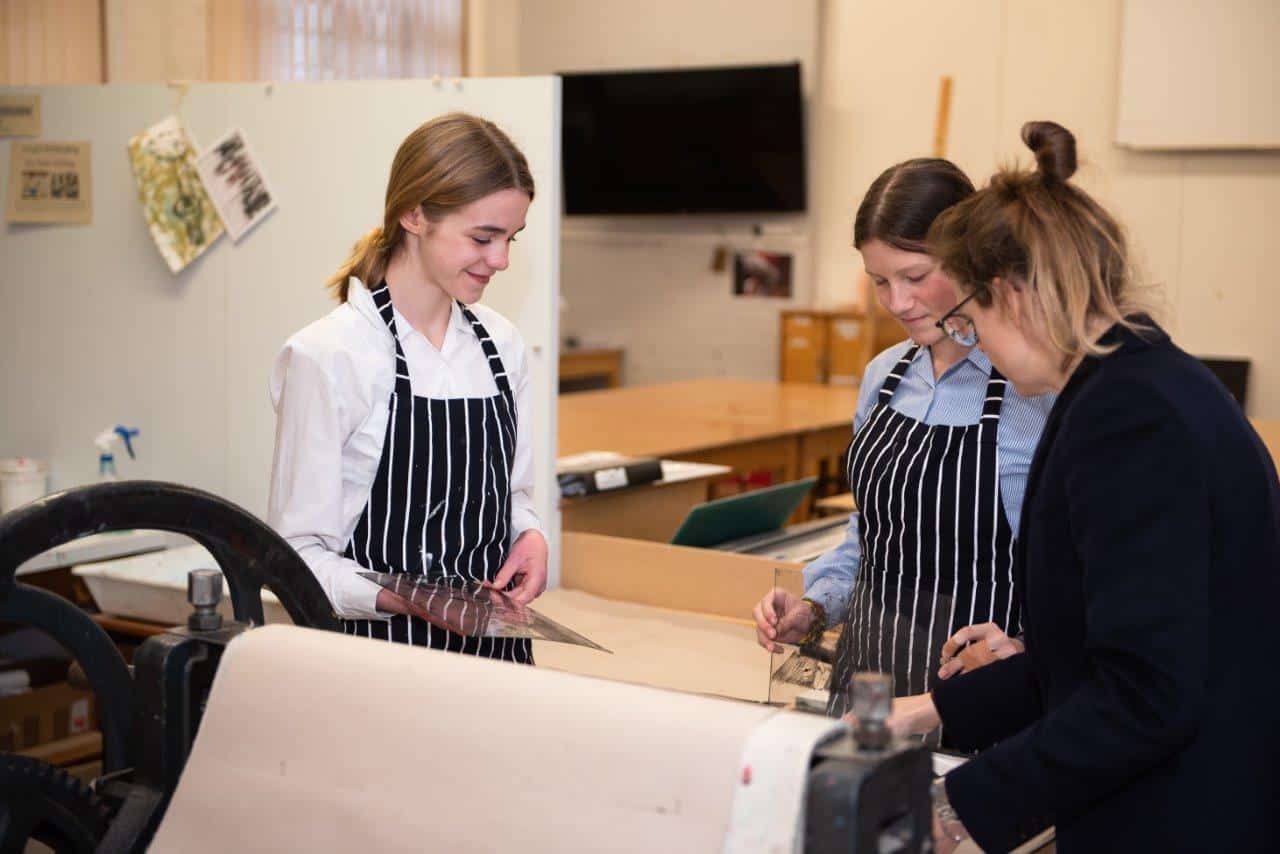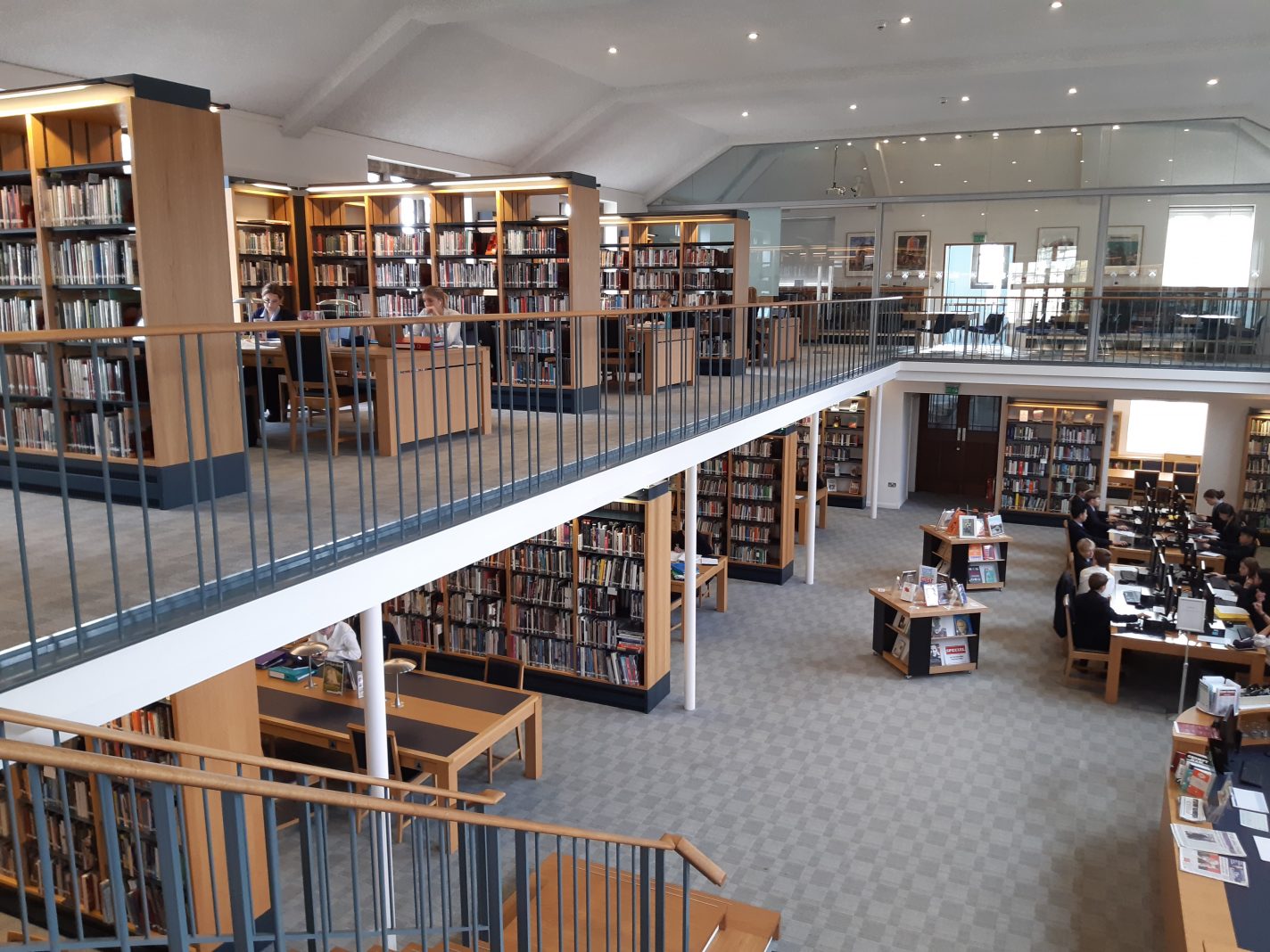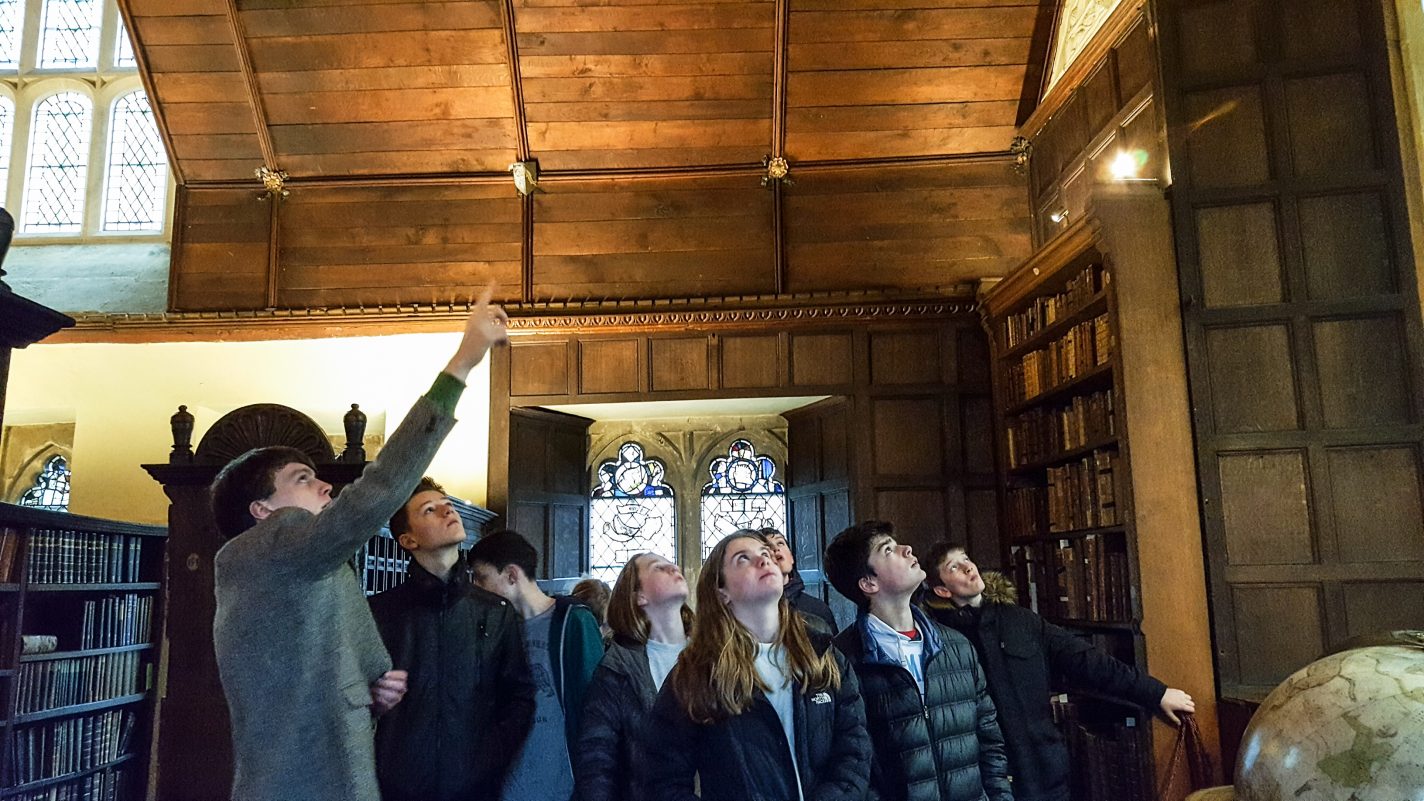The Third Form (Year 9) is when children really blossom as learners. Our broad yet carefully balanced curriculum is designed to kindle intellectual curiosity and foster a genuine love of learning, setting solid foundations for future academic success.

Our extensive curriculum enables pupils to explore many different subjects and encourages them to make the links between disciplines. Our core curriculum comprises Maths, English, the Humanities and Sciences, as well as Classical and Modern Languages. Further options include Art, Computing, DET (Design, Engineering and Technology), Drama, Music and Physical Education. Each of these options run for the entire year, giving pupils the best possible base for selection at (I)GCSE level. Third Formers also have weekly lesson dedicated to reading, giving pupils the opportunity to think and let imaginations run free. Overseeing the whole of the First to Third Form curriculum is our Head of Lower Years, ensuring that pupils joining at Oundle at Third Form benefit from specialist expertise across these transitional years.

“Reading is invaluable for pupils and it is important we give them time to read for pleasure. The vocabulary and understanding of the written word they gain assists them in their studies and helps them express themselves eloquently, both in School and beyond.”Doc Rowe, Head of Lower Years
One of the great benefits of being part of a boarding school is the willingness of our teachers to share their own interests and expertise beyond their subject specialism through an extraordinary range of academic societies, intellectual electives and trips. Third Formers also benefit from information literacy courses in our stunning Cripps Library, supporting them to balance critical judgments about information sources and helping them navigate the digital world. This a crucial step in developing responsible readers, learners and citizens.

Individually designed and delivered by Oundle teachers, Trivium is a wholly bespoke course for our Third Form that is based purely on ‘interestingness’. There is no syllabus or prescribed content, which means that pupils can simply enjoy learning for learning’s sake. The aim is to educate; to introduce pupils to ideas and culture, to sow seeds and to broaden educational experience. Whilst one class is studying the music of protest movements, another may be immersed in mindfulness, the history of the Olympic games, Chinese architecture, surrealist art or Italian cinema.

Pupils in the Fourth and Fifth Forms (Years 10 and 11) study for ten (I)GCSE qualifications through a broad and academically ambitious curriculum.
All pupils take English Language, English Literature and Mathematics, and study the sciences – Biology, Chemistry and Physics – through one of two pathways:
Pathway 1: Separate IGCSEs in Biology, Chemistry and Physics, plus four optional subjects
Pathway 2: Combined Science (two IGCSEs), plus five optional subjects
In both pathways, pupils select from a wide range of optional subjects, with at least one being a Modern Foreign Language. Subject choices include:
Arabic, French, Latin, Art, Geography, Music, Chinese, German, Physical Education, Computing, Classical Greek, Religious Studies, Design and Technology, History, Russian, Drama, Italian, Spanish and Computer Science.
Subjects follow either GCSE or IGCSE specifications, depending on which is considered more educationally rigorous in each discipline.
Oundle’s (I)GCSE programme balances thorough academic preparation with a strong emphasis on intellectual exploration. Pupils are encouraged to think independently, question confidently and explore areas of personal interest. Support is carefully built in: Tutors monitor progress closely and all departments run after-hours academic surgeries to extend, clarify or consolidate understanding. This approach prepares pupils not only for public examinations, but for the next stage of their education and the wider responsibilities of adult life.
"When choosing options, we encourage pupils to keep an open mind and to consider all subjects and all possible subject combinations equally. There is a careful path between where a pupil’s interest lies, a balance of subjects and the future implications of subject choices. A breath of subjects is likely to keep options open in future years when considering university and career options."Dr Adam Baragwanath, Deputy Head Academic